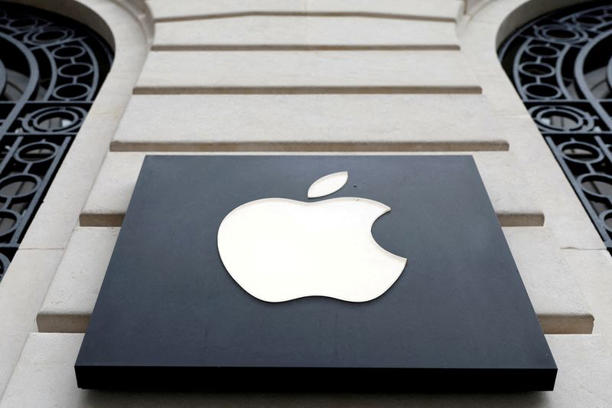Apple has lost a significant legal bid in the UK, where the Competition Appeal Tribunal allowed a $1.8 billion class-action lawsuit to proceed. The case accuses Apple of abusing its market dominance by charging excessive commissions on App Store purchases, potentially impacting millions of UK consumers.
Apple Inc. has suffered a legal blow in the United Kingdom as the Competition Appeal Tribunal rejected its attempt to dismiss a landmark class-action lawsuit over App Store commissions. The lawsuit, valued at approximately £1.5 billion ($1.8 billion), alleges that Apple’s 30% commission on in-app purchases unfairly inflated costs for consumers and stifled competition.
The case, brought on behalf of nearly 20 million UK iPhone and iPad users, claims Apple’s dominant position in the mobile ecosystem enabled it to impose unjustified fees on developers, which were ultimately passed on to consumers. Apple has defended its practices, citing the security and privacy benefits of its tightly integrated iOS platform.
Key Highlights:
Legal Milestone: The UK’s Competition Appeal Tribunal ruled that the lawsuit has sufficient merit to proceed, marking a pivotal moment in consumer rights litigation against Big Tech.
Financial Stakes: The class-action suit seeks up to £1.5 billion in damages, representing one of the largest consumer claims ever filed against Apple in Europe.
App Store Practices Under Fire: The lawsuit challenges Apple’s 30% commission structure, arguing it constitutes an abuse of market power and violates fair competition principles.
Consumer Impact: If successful, the case could lead to compensation for millions of UK users and force Apple to revise its App Store policies.
Global Ripple Effect: The ruling may influence similar legal actions in other jurisdictions, including ongoing scrutiny from EU regulators under the Digital Markets Act.
Apple continues to maintain that its App Store policies are designed to protect users and developers, but the legal tide appears to be turning against its longstanding business model.
Sources: Economic Times Brand Equity, Nasdaq, European Business Review, MSN News, MSN Politics

